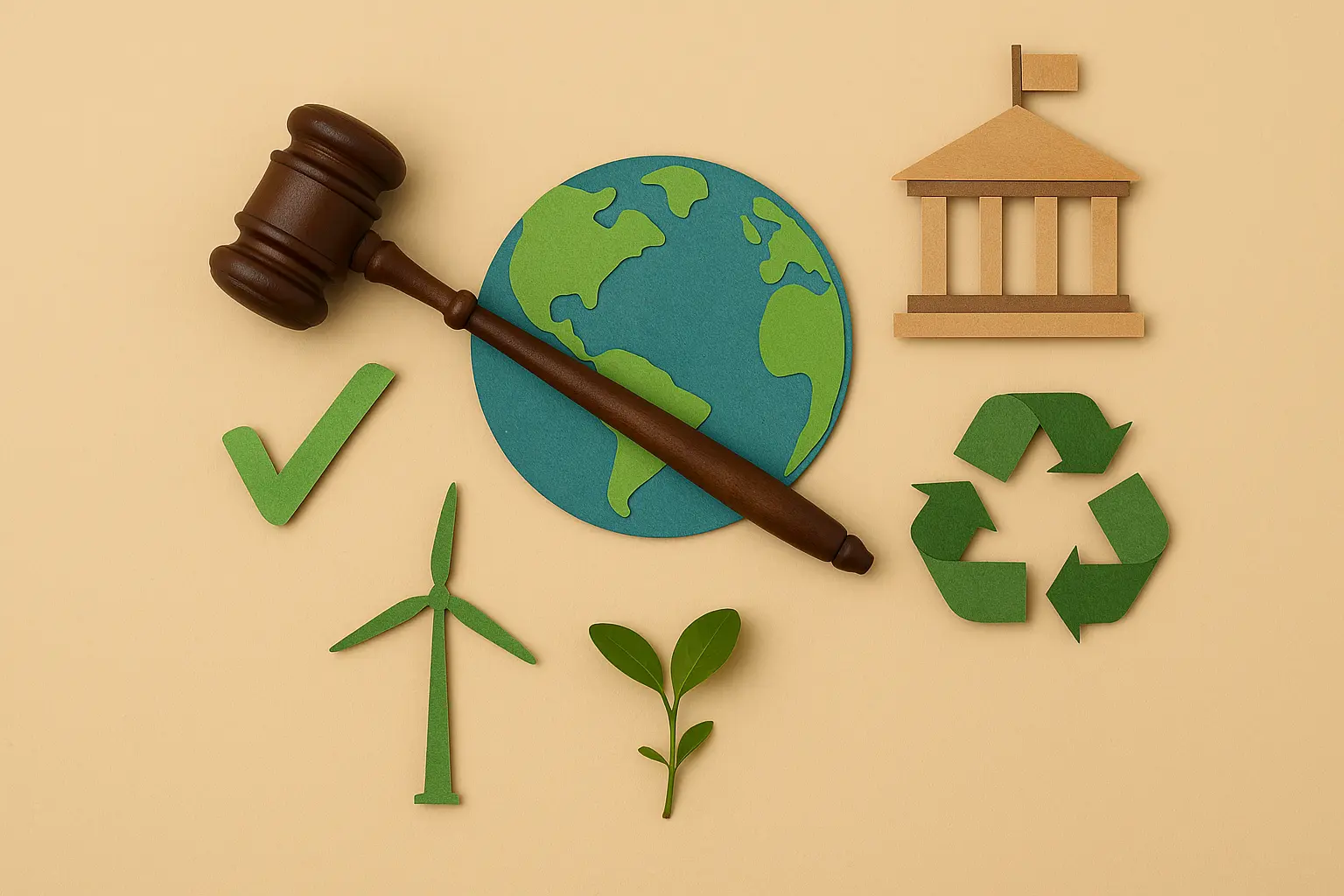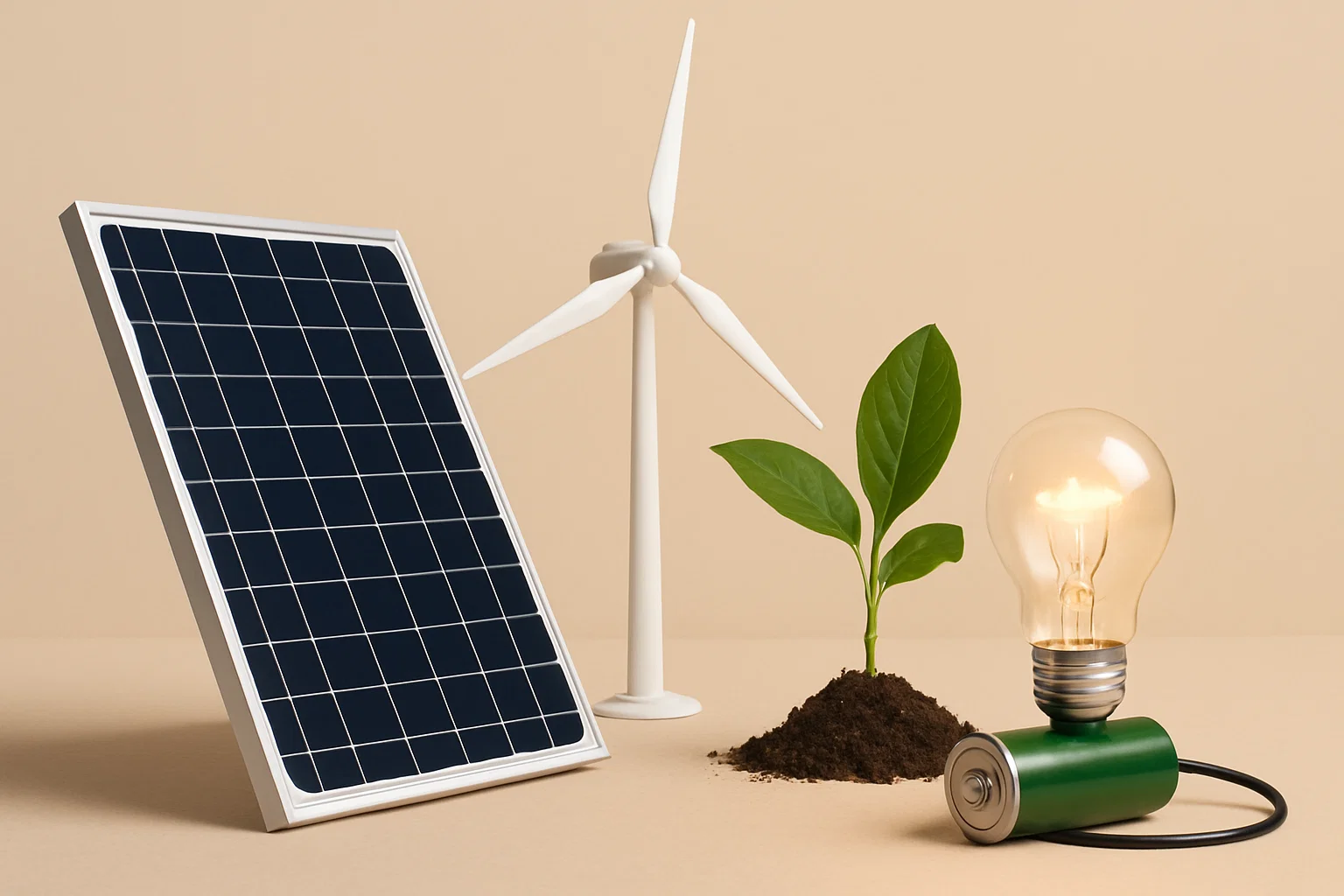Decoding the Global Commitment: A Breakdown of the Paris Agreement and the Path Forward

The realm of environmental policy can often feel distant and abstract, confined to legislative chambers and international summits. It might seem like a topic reserved for politicians, activists, and scientists, with little direct bearing on the everyday lives of individuals, especially those who choose not to participate in the electoral process. However, the reality is far more interconnected. Environmental policies, enacted at local, regional, and national levels, exert a profound and often unseen influence on the air you breathe, the water you drink, the food you eat, and the very landscapes that shape your community – irrespective of whether you cast a ballot.
Understanding this pervasive impact is crucial for fostering a sense of shared responsibility and encouraging a broader engagement with the decisions that shape our environment and, consequently, our well-being. This exploration delves into the tangible ways in which environmental policies affect you, even if you don't actively participate in voting. Our objective is to illuminate these often-invisible connections, providing valuable insights that will encourage, guide, and inspire a deeper appreciation for the role of environmental policy in our lives and the importance of ensuring these policies are robust and sustainable.
The Air You Inhale: Policies Protecting Public Health
One of the most direct and undeniable ways environmental policy affects everyone is through the air we breathe. Air quality regulations, established and enforced by environmental agencies, dictate the permissible levels of pollutants released by industries, vehicles, and other sources. These policies directly impact the prevalence of respiratory illnesses like asthma, bronchitis, and even cardiovascular problems.
For instance, emission standards for vehicles mandate the use of cleaner technologies, reducing the amount of smog-forming pollutants released into the atmosphere. Industrial regulations require factories to implement pollution control measures, limiting the discharge of harmful chemicals into the air. Even local ordinances regarding burning leaves or the use of certain pesticides are forms of environmental policy that directly influence the air quality in your neighborhood. Regardless of your voting status, you benefit from cleaner air if these policies are effective, and you suffer the consequences if they are weak or poorly enforced.
The Water You Drink: Safeguarding a Vital Resource
Access to clean and safe drinking water is another fundamental aspect of public health directly influenced by environmental policy. Water quality regulations set standards for the levels of contaminants allowed in public water supplies. These policies govern the treatment processes required for drinking water and restrict the discharge of pollutants into rivers, lakes, and groundwater sources.
Environmental policies also address the management and conservation of water resources. Regulations on water usage for agriculture and industry, as well as policies aimed at protecting wetlands and watersheds, ensure the availability of this vital resource for all. Even if you don't vote, the safety and availability of the water flowing from your tap are largely determined by the effectiveness of environmental policies.
The Food You Eat: From Farm to Table Regulations
Environmental policies have a significant impact on the food we consume, often in ways that are not immediately apparent. Regulations governing pesticide use in agriculture directly affect the levels of chemical residues in our fruits, vegetables, and grains. Policies related to soil health and water quality influence the fertility of farmland and the sustainability of food production.
Furthermore, environmental regulations can impact the availability and price of certain foods. Policies aimed at protecting fisheries and regulating fishing practices affect the supply and cost of seafood. Regulations on land use and conservation can influence the amount of land available for agriculture. Whether you actively engage in the political process or not, the food on your plate is subject to a web of environmental policies that shape its production, safety, and accessibility.
The Landscapes You Inhabit: Protecting Natural Heritage
Environmental policies extend beyond immediate health concerns to encompass the preservation of natural landscapes and biodiversity. Regulations protecting forests, wetlands, and endangered species contribute to the ecological health of your region. These policies can influence the availability of green spaces for recreation, the beauty of your surroundings, and the overall quality of life in your community.
National parks, wildlife refuges, and local conservation areas are often established and maintained through environmental policy. These protected areas provide opportunities for outdoor activities, support biodiversity, and contribute to the aesthetic appeal of the places we live. Even if you don't vote, the existence and preservation of these natural treasures are a direct result of environmental policies.
The Economy You Participate In: Green Jobs and Sustainable Industries
Environmental policies are increasingly shaping the economy, creating new industries and job opportunities in the green sector. Incentives for renewable energy development, regulations promoting energy efficiency, and policies supporting sustainable agriculture are driving innovation and creating employment in areas like solar panel installation, wind turbine manufacturing, and organic farming.
Even if you don't directly work in a "green job," environmental policies can influence the cost of energy, the availability of sustainable products, and the overall direction of economic development in your region. Regulations that encourage resource efficiency can lead to cost savings for businesses, which can, in turn, affect the prices of goods and services you consume.
The Future You Inherit: Long-Term Environmental Security
Perhaps the most profound impact of environmental policy, regardless of individual voting habits, lies in shaping the long-term health and sustainability of the planet. Policies aimed at mitigating climate change, such as emissions reduction targets and investments in renewable energy, are crucial for safeguarding the environment for future generations.
The consequences of inaction on environmental issues – increased extreme weather events, rising sea levels, and disruptions to ecosystems – will affect everyone, regardless of their past or present political engagement. Therefore, even if you choose not to vote, you have a vested interest in the strength and effectiveness of environmental policies that strive to ensure a livable and sustainable future for all.
The intricate web of environmental policy touches every aspect of our lives, from the microscopic particles we inhale to the vast landscapes we inhabit. While the connection may not always be immediately apparent, the regulations and decisions made in the realm of environmental protection have a tangible and lasting impact on our health, our communities, and our future. Recognizing this profound influence can serve as a powerful reminder that environmental stewardship is not just a political issue, but a fundamental aspect of ensuring a healthy and sustainable existence for everyone, irrespective of their participation in the electoral process.
Related Blogs

Glimmers of Progress: Ten Policy Victories That Advanced Planetary Health in the Past Year
Insights on how environmental policy affects you (even if you don’t vote) in a sustainable way.

Decoding the Global Commitment: A Breakdown of the Paris Agreement and the Path Forward
Insights on a breakdown of the paris agreement (and what’s next) in a sustainable way.

Ban the Bag: Choosing Reusable Alternatives to Single-Use Plastic Carry Bags
Support local bans and global reduction by opting for cloth, jute, or foldable reusable bags.

Bank for a Better Future: Choosing Ethical Finance to Power a Cleaner Planet
Finance a cleaner planet by opting for ethical banks, green investment funds, and impact fintech.

Beyond the Ban: Navigating the Post-Plastic Bag Landscape Towards True Sustainability
Insights on banning plastic bags in a sustainable way.

Powering Change: Choosing Clean Energy Alternatives to Conventional Sources
Align with energy transition policies by opting for green providers, solar, or co-operatives.
Stay in the Loop
Get tips and insights tailored to your interests — no spam, just sustainability.